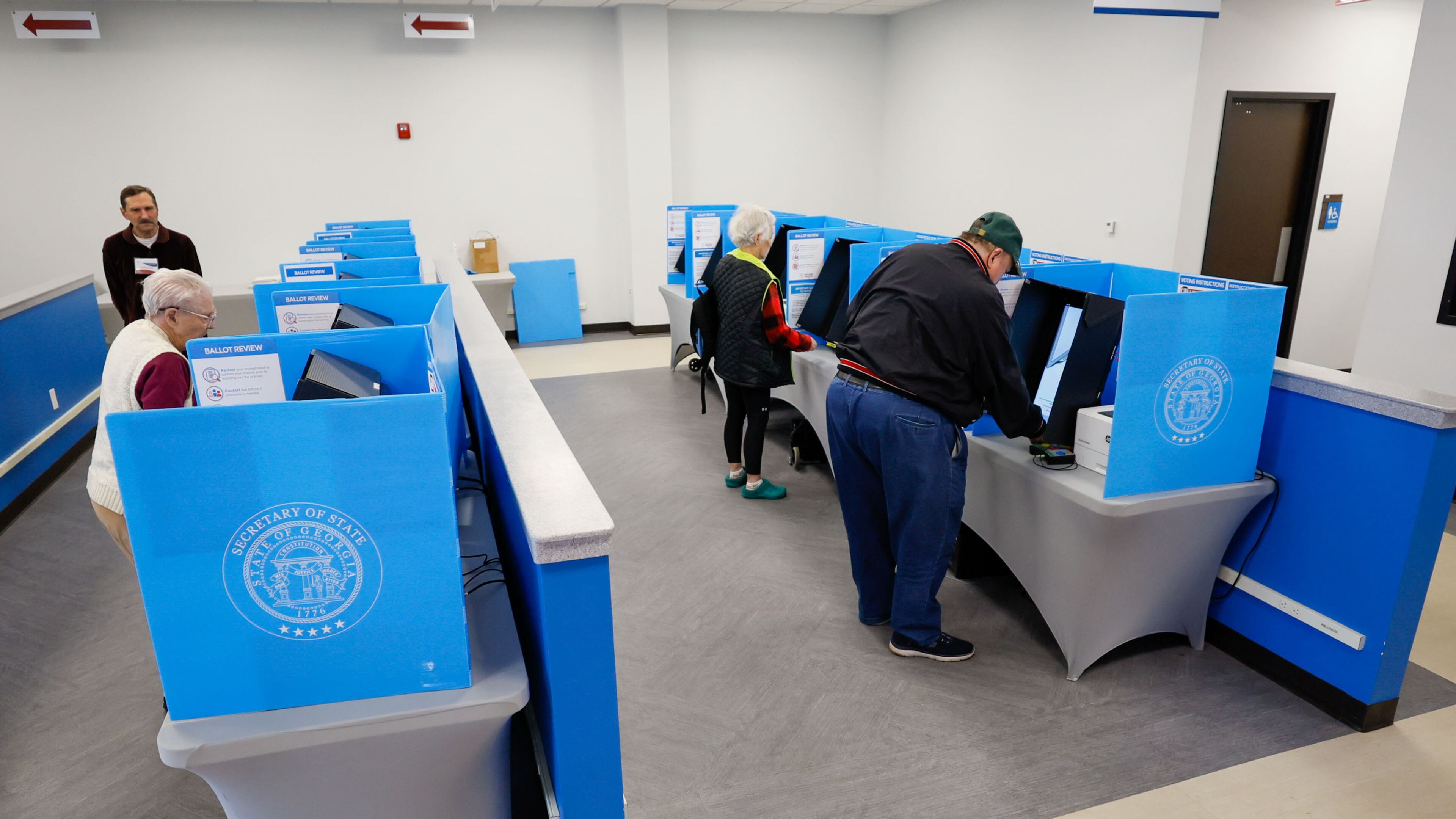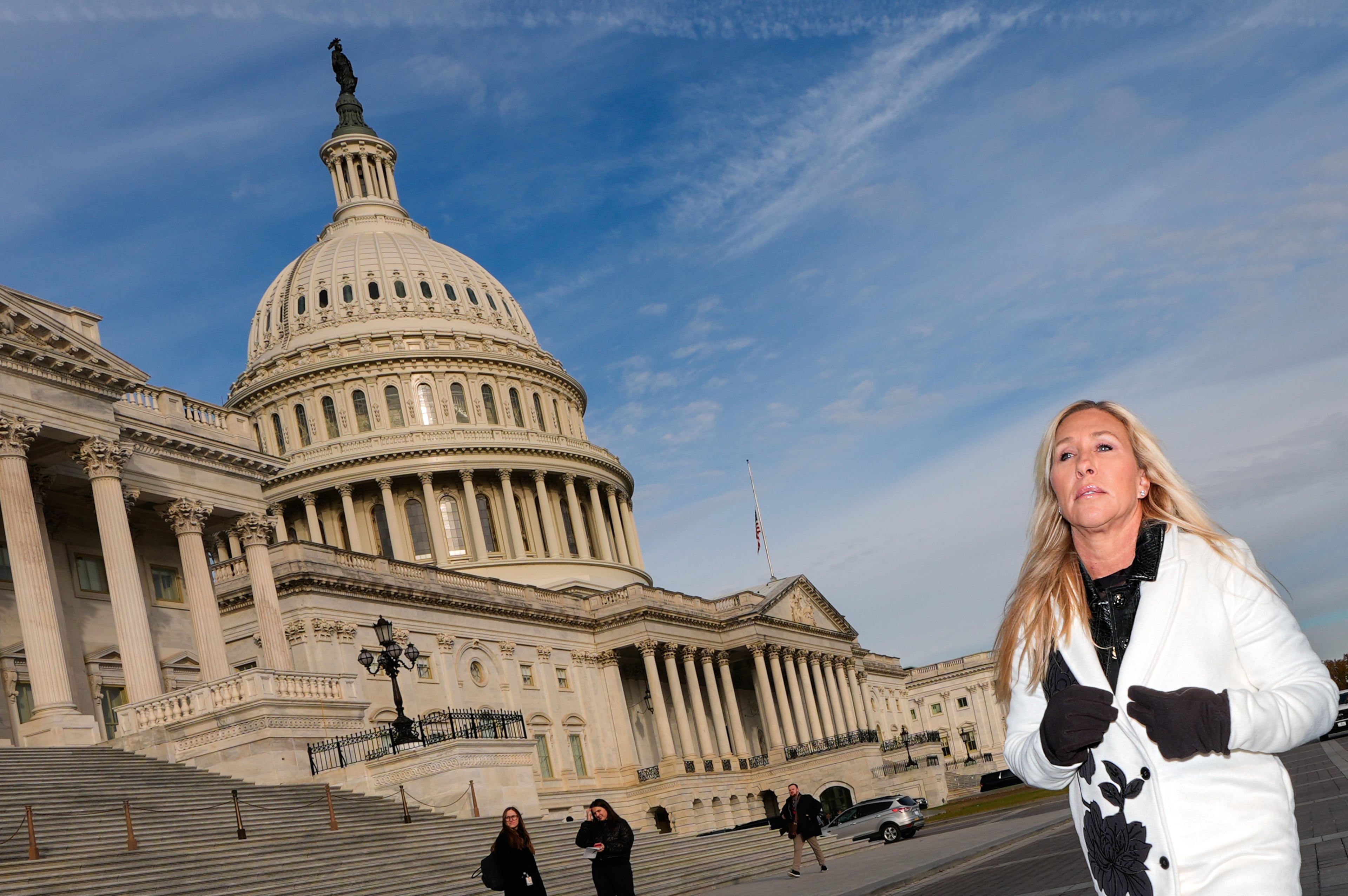A federal lawsuit is trying to stop Georgia’s new voter eligibility challenge law

A federal lawsuit is attempting to stop Georgia’s new voter eligibility challenge law, which strengthens the ability of activists to seek cancellations of voters who appear to have moved.
The complaint by two voter registration groups, the New Georgia Project and the A. Phillip Randolph Institute, alleges that the voter challenge law violates protections in federal law that set standards for canceling registrations.
Under Georgia’s new law, Senate Bill 189, residents can ask county election boards to remove voter registrations if a voter registers in another state, claims a homestead exemption in a different jurisdiction or registers at a nonresidential address.
“County boards have purged voters based on unvetted documentation and unreliable information provided by private citizens, such as screenshots of purported property records or social media posts,” plaintiffs allege in the suit filed Wednesday.
The Republican-sponsored law further empowered conservative activists who have disputed over 100,000 voter registrations since 2021. County election boards have rejected most of those challenges.
The lawsuit contends that the National Voter Registration Act only allows the cancellation of registrations of voters who have moved after mailed notification that their address needs to be confirmed, and then if they miss the next two general elections; or when a voter confirms in writing that they have moved.
Defenders of Georgia’s voter challenges have said the federal law applies to mass “systematic” voter cancellations but doesn’t cover specific removals of voters whose eligibility is contested by individuals.
A spokesman for Secretary of State Brad Raffensperger, the primary defendant in the lawsuit, declined to comment on pending litigation.
The lawsuit also takes issue with a new Georgia requirement that unhoused voters use their county’s election office as their mailing address, a provision that plaintiffs say will make it more difficult for people who lack transportation to access election mail.



